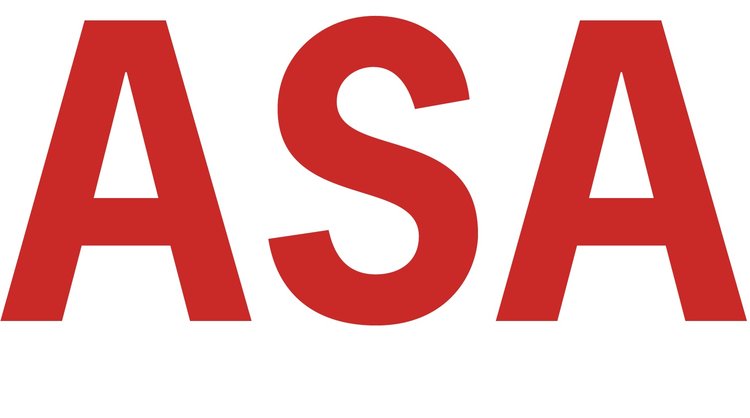Most of what I’m writing about this month is beyond the pale, which means actions that are “bizarre, outside the bounds of civilized behavior.” The behavior of the Trump administration is corrupt and shows no respect for the rule of law or the principle of checks and balances.
Every day, we spend time trying to calculate the cumulative damage to our society, learning of new assaults that affect us all either directly or indirectly. The first 100 days of the Trump presidency have shown how institutions we have known and assumed to be part of our operating landscape can be uprooted and reduced beyond recognition by executive order. There has been little to no resistance from the Republican majorities in Congress, and the only immediate remedies from the federal district judiciary branch. We are still waiting to see if the Supreme Court belongs to Trump or if it is the place where the chief justice recently told us that excesses of both the executive and legislative branches are meant to be checked. But the process plays directly into Trump’s view of legal strategy: deny, deny, delay, delay.
By now, we’ve seen enough to understand the connection between the Heritage Foundation’s Project 2025 playbook and the actions that have been taken, as well as what could lie ahead. The global stage could not be more volatile: as a trade war builds up, China and Russia have realigned themselves. The European Union is organizing its efforts in the Ukraine without its former partner, the United States. The war in the Mideast shows no sign of a negotiated settlement either. Because India and Pakistan have gone to war and both countries have nuclear weapons, the Trump administration has helped negotiate a shaky cease-fire with no clear vision for a durable resolution. The United States is also negotiating with Iran. Trump is still expressing interest in acquiring Canada (“never say never”), Greenland, and the Panama Canal. In the background, the issues of migrants and border protection play out alongside the removal of thousands of undocumented immigrants and the expulsion of international students from our universities. And the work of the Department of Government Efficiency (DOGE) continues. Originally the group was to identify and cut fraud and waste in the government. Early on, DOGE asked federal departments and agencies for the keys to the kingdom when they insisted upon access to federal databases that contain personal information on U.S. citizens. One speculates that the effort is to create a single unified database of citizens from which surveillance can be conducted. Databases that DOGE has sought out include Veterans Affairs, the Internal Revenue Service, Medicare, Medicaid, and Social Security, among others. At the same time, DOGE has worked with cabinet departments to review data involving grants and contracts, which is how Congressionally authorized funds to institutions have been frozen or eliminated. There may be some discussion of DOGE’s work while the Congressional budget bill is legislated, but other than lobbying the president to save pet projects, we really cannot count on Congress to stand up to him or to stop DOGE. The president has also begun to target law firms who might defend contract recipients—like universities—in order to weaken the only resistance he is facing that is significant: the federal district courts and the Supreme Court.
Broadcasting these actions daily from the White House Press Office ensures that one is never short of information on Trump’s latest activities. The media covers everything Trump. What used to be business conducted quietly in closed-door meetings with heads of foreign governments has morphed into a carnival-like atmosphere in the Oval Office, where cabinet secretaries “sit in” on the fireplace chat arranged for the press before the closed-door meetings. The cabinet’s chief role in this context or during cabinet meetings—where media can also film for the evening news before the doors are closed—is contentless as they are reduced to the role of sycophants.
But as economists and other experts sound increasingly gloomy about the effect that the tariffs are having before they are truly implemented, the president’s ratings have gone down significantly. Why? We’re dealing with the practical concerns of businesses and consumers, including those who voted for Trump: Why are costs so high? Why are some shelves empty? Why are our ports empty and workers being laid off? Is this “tariff thing” just smoke and mirrors? Why is the stock market so jittery? Why didn’t the federal government provide disaster assistance?
There are other areas that are beyond the pale. Whether it’s jealousy or vengeance, the assaults on the Library of Congress, the Smithsonian, the Kennedy Center, the National Endowment for the Arts, the National Endowment for the Humanities, National Public Radio, and the Public Broadcasting Service aim to gut our cultural history after painstaking work over the years to recognize the actual contributions of all Americans. These assaults seem directed and personal.
Finally, it appears that Trump has gotten rid of any ethical oversight into his latest announcement that he will accept a luxury Boeing 747-8 from the Qatari royal family for use as Air Force One, which will then be donated to the Trump presidential library when he leaves office. The gift is described as the largest foreign gift ever received by the U.S. government, and it remains to be seen if the gift will be challenged by any other branch of government as beyond the pale, any more than the recent Trump family engagements with crypto-currency manipulations.
Meanwhile, keep your eyes on the debt ceiling debate and budget deliberations as well as on a possible China-U.S. trade agreement. The outlook is not evidently guided by any other plan than to continue going beyond the pale.
